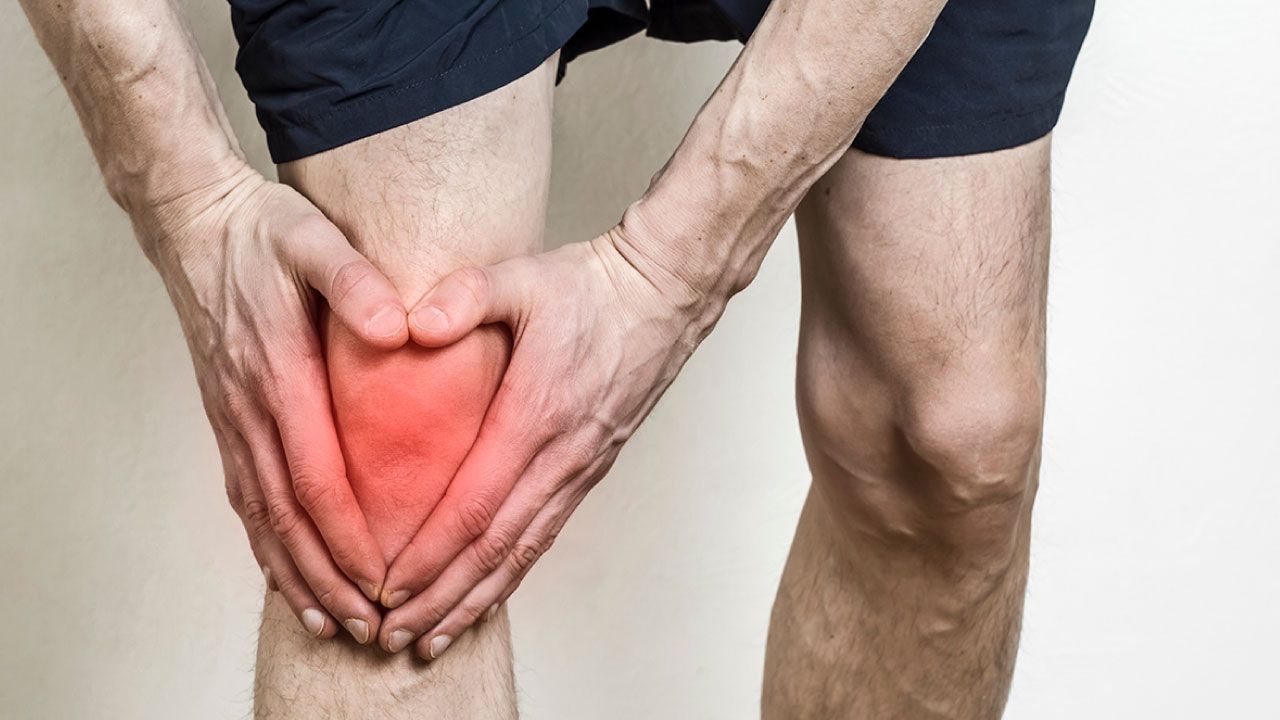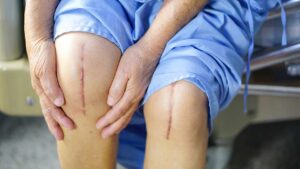Athletes, with their dynamic and demanding physical activities, are particularly susceptible to injuries, and meniscus tears are no exception. Understanding how to prevent these injuries and the best strategies for recovery is crucial for athletes aiming to maintain peak performance. In this blog, we’ll delve into the specifics of meniscus tears, explore prevention techniques, and outline effective recovery strategies.
Meniscus Tears: An Overview
The meniscus, a C-shaped cartilage in the knee joint, plays a pivotal role in stabilising and cushioning during movements. Athletes, engaging in activities that involve sudden stops, starts, and changes in direction, are prone to meniscus tears. Trauma, rotational forces, and repetitive stress can contribute to these injuries.
Prevention Strategies for Athletes
Strength and Conditioning:
Incorporate regular strength training exercises focusing on the muscles around the knee. This enhances overall joint stability.
Proper Technique:
Emphasise correct techniques and body mechanics during sports activities. This reduces the risk of sudden twists or impacts on the knee.
Dynamic Warm-up:
Implement thorough warm-up routines before practices and competitions. Dynamic stretches prepare the muscles and joints for the demands of athletic activities.
Cross-Training:
Engage in cross-training to diversify movement patterns and reduce the risk of overuse injuries, including those affecting the meniscus.
Footwear Selection:
Choose appropriate footwear designed for the specific demands of your sport. Proper support and cushioning are essential for knee joint protection.
Scheduled Rest and Recovery:
Integrate adequate rest days into your training schedule to allow for recovery. Overtraining can contribute to fatigue and increased injury risk.
Recovery Strategies for Athletes
Prompt Medical Attention:
Seek immediate medical attention if you suspect a meniscus tear. Early diagnosis is crucial for developing an effective treatment plan.
Conservative Measures:
Follow recommended conservative measures, including rest, ice, compression, and elevation (R.I.C.E.) to manage pain and swelling.
Physical Therapy:
Work closely with a physical therapist to design a tailored rehabilitation program. Targeted exercises aid in strengthening the knee and promoting flexibility.
Pain Management:
Utilise pain management strategies under medical guidance. This may involve over-the-counter or prescribed medications to alleviate pain and inflammation.
Bracing Support:
Depending on the severity of the tear, a knee brace may provide additional support during the recovery phase.
Gradual Return to Activity:
Follow a gradual return-to-play protocol outlined by your healthcare team. Rushing back into intense activities can jeopardise recovery and lead to reinjury.
Surgical Intervention:
In cases where conservative measures prove insufficient, surgical options such as arthroscopic repair or partial meniscectomy may be considered. Athletes should discuss the potential benefits and risks with their healthcare providers.
Long-Term Joint Health for Athletes
Monitoring and Maintenance:
Regularly monitor your knee health, especially if you’ve experienced a meniscus tear. Pay attention to any persistent discomfort and address it promptly.
Adopting Joint-Friendly Practices:
Consider low-impact or joint-friendly activities to supplement your training regimen. Swimming, cycling, or elliptical training can be excellent alternatives.
Nutrition and Hydration:
Maintain a well-balanced diet rich in nutrients that support joint health. Staying hydrated is also crucial for overall joint function.
Consultation with Healthcare Professionals:
Schedule periodic check-ups with orthopedic specialists to assess your joint health. Timely intervention can prevent potential issues from escalating.
For athletes, meniscus tears pose a unique challenge, given the demands of their sports. Prevention through targeted exercises, proper technique, and awareness of potential risk factors is paramount. In the unfortunate event of an injury, prompt and comprehensive recovery strategies, including professional medical guidance, physical therapy, and a gradual return to activity, are essential.
By prioritising both prevention and recovery, athletes can not only overcome meniscus injuries but also foster long-term joint health, ensuring a sustained and thriving athletic career. Remember, your commitment to proactive measures and diligent recovery plays a crucial role in achieving and maintaining peak performance.
Athletes, prioritise your knee health for sustained peak performance! If you’re dealing with knee pain or suspect a meniscus tear, consult with Dr. Rishabh Jaiswal, Lucknow Schedule an appointment today to receive personalised evaluation, effective recovery strategies, and guidance on preventing future injuries. Your journey to optimal athletic performance starts with proactive joint care – contact now!








